As kitchen professionals, you know the importance of selecting the right tools for impeccable cooking. If you've ever used a cast iron skillet, you might have wondered, 'why does food taste better in cast iron?' This question doesn't merely hinge on personal preference; it lies within the materials' history, structure, and cooking capabilities that bring out the best flavor in our culinary creations.
In this article, we will delve into the remarkable qualities of cast iron cookware, the science behind why it enhances flavors, and how you can harness its unique properties to create unmatched culinary masterpieces. Lets unfold this life-changing knowledge!
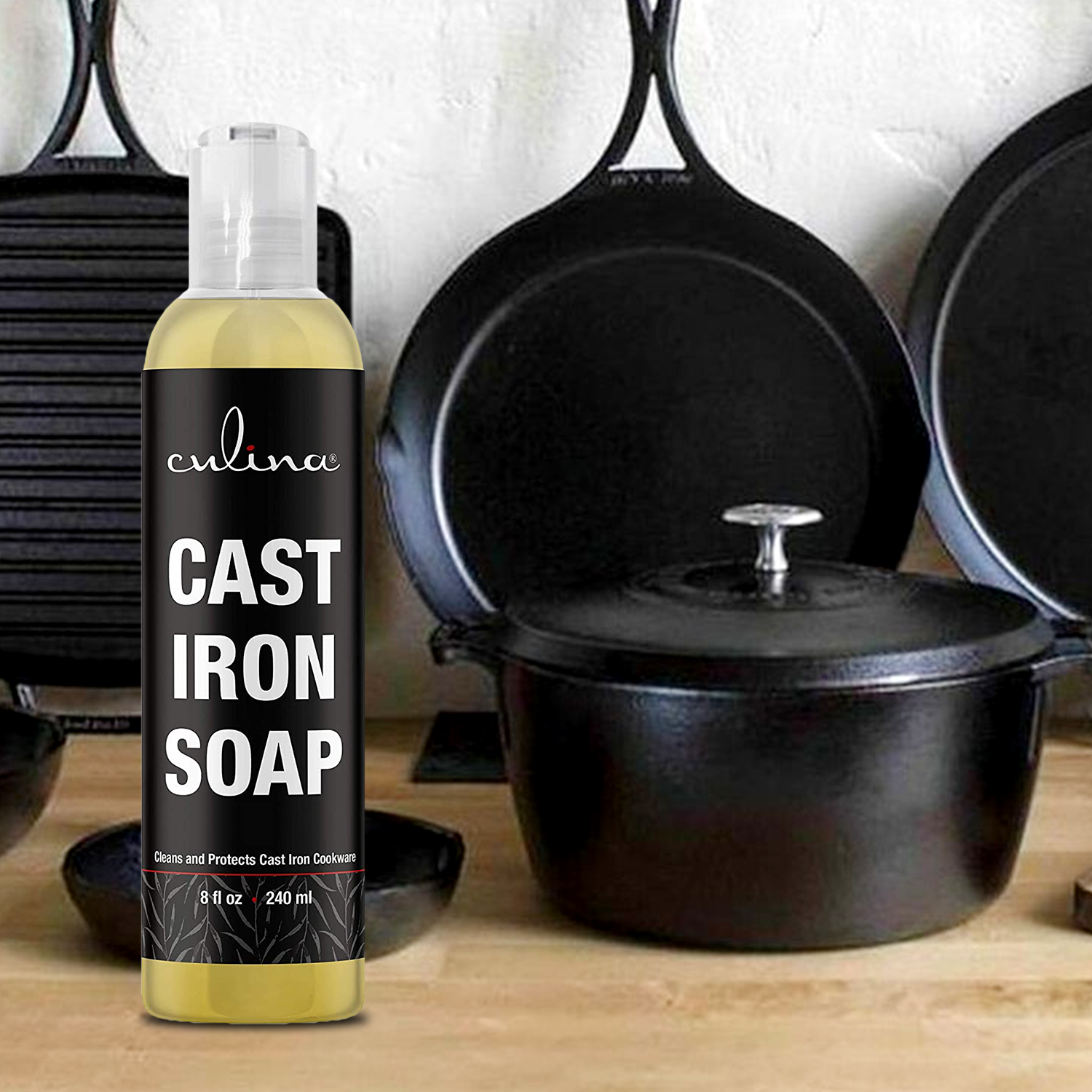
The Unique Characteristics of Cast Iron
To understand why food cooked in cast iron tastes significantly different, we must first recognize its defining features. Unlike non-stick or stainless steel pans, cast iron retains and distributes heat uniformly.
This quality, combined with its ability to be seasoned with oil, forms a distinct non-stick layer that not only adds flavor but also improves with every use. Therefore, each dish benefits from the residue and seasoning accumulated over time. That leads us back to the key question: 'why does food taste better in cast iron?'

The Science Behind Enhanced Flavors
The specific heat retention allows cast iron pans to stay hot longer and maintain high temperatures, which is crucial for techniques such as searing or caramelizing ingredients. When using cast iron for steak, for instance, you achieve a beautiful crust that captures the meats natural juices and enhances flavor.
This method contrasts with other cookware types that may not reach the same temperatures or retain heat effectively, resulting in uneven cooking and lack of flavor development.
Seasoning: The Flavor Enhancer
Another significant factor in why cast iron is revered among kitchen professionals is the ability to season it over time. Seasoning not just protects the skillet but adds a unique flavor to dishes cooked in it. The oils that polymerize during heating create a flavor base that subtly permeates what you cook. Traditional seasoning methods increase the pan's depth and complexity.
Therefore, when cooking items like salmon burgers, the residual flavors from prior uses enhance the dish, giving it a distinct taste that cannot be replicated with other cookware.
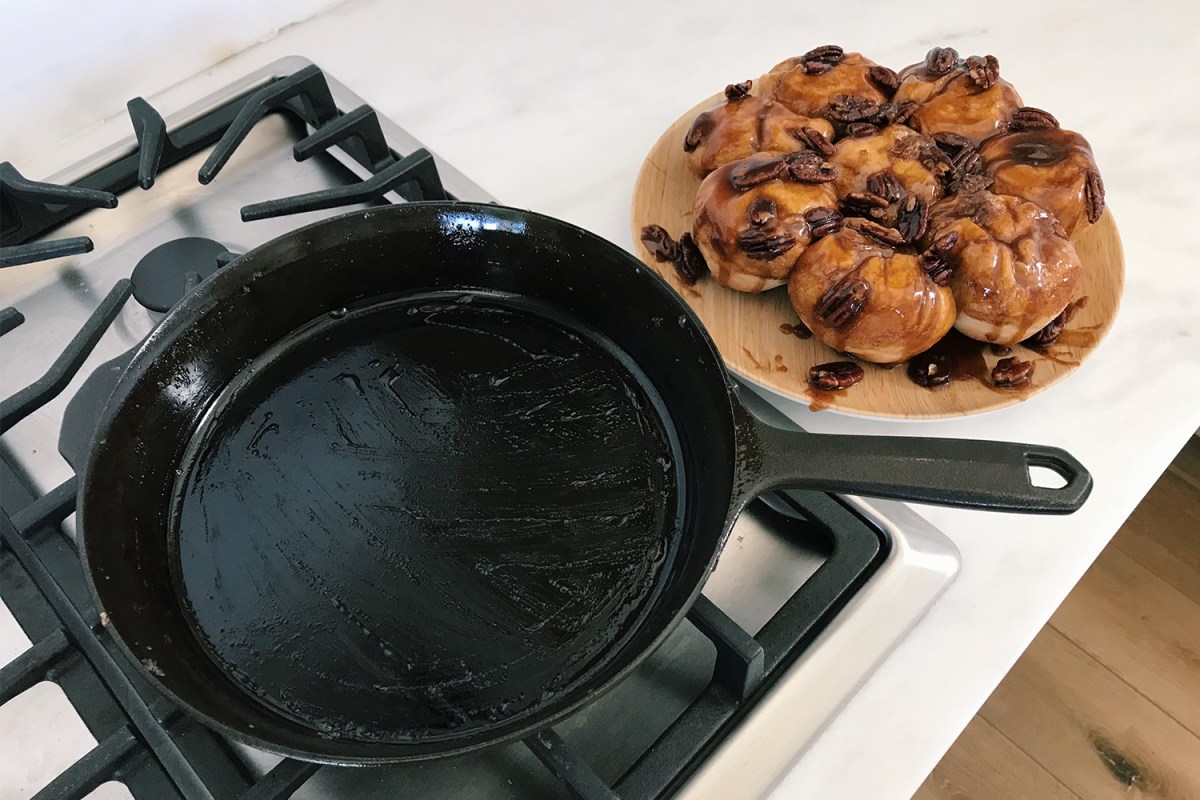
Why Chefs Prefer Cast Iron for the Perfect Sear
When it comes to achieving that coveted perfect sear on meats, a cast iron skillet is often deemed superior. The thermal conductivity of cast iron ensures every inch of the cooking surface is hot, creating a desirable Maillard reaction. This reaction is a complex series of chemical reactions that create flavor compounds, resulting in that deeply satisfying crust.
For kitchen professionals, this translates to less moisture loss during cooking, meaning juicier, more flavorful dishes like London broil. Thats why chefs will often reach for their trusty cast iron cookware.
Versatility in Cooking
One of the most remarkable aspects of cast iron cookware is its versatility. It can be used on various heat sources stovetops, ovens, campfires, and grills. This adaptability allows kitchen professionals to take advantage of the unique flavor profiles that different heat sources bring. For instance, cooking with charcoal adds a smoky flavor, while oven baking gives a different consistency and texture.
Using different heating methods can also introduce new flavors through generation and residual heat. Whether you're frying, baking, or sauting, there's a place for cast iron in every kitchen. This cookware can transform normal recipes into terrific showcases of flavor.

Maintaining Your Cast Iron for Optimal Flavor
To truly appreciate the question 'why does food taste better in cast iron?', proper maintenance is crucial. Seasoning, cleaning, and correct storage of cast iron cookware are key to ensuring the flavors developed over time remain intact. Here's what to keep in mind:
- Always clean your cast iron with minimal soap and avoid soaking it in water.
- Dry it thoroughly after cleaning to avoid rust.
- Re-season regularly to maintain the non-stick surface and flavor.
- Store it in a dry place, preferably with a paper towel inside to absorb moisture.
By following these steps, your cast iron cookware will yield better flavor every time you cook.
Why You Should Start Using Cast Iron Today
For kitchen professionals, the benefits of using cast iron are enormous. Not only does it produce flavors that are hard to replicate, but it also embodies a sense of nostalgia. Cooking with cast iron can connect your culinary practices to generations of cooks who have relied on this trusted material.
If you havent yet embraced the richness of cooking with cast iron, now is the time. Jump into this transformative journey, and give your dishes the flavor they deserve.
Frequently Asked Questions About Cooking with Cast Iron
Why is cast iron better than stainless steel for searing?
Cast iron retains heat longer and distributes it evenly, allowing for a perfect sear that enhances flavor.
Is it true that cast iron improves with age?
Yes! With regular seasoning and use, cast iron develops a unique flavor profile that enhances the dishes cooked in it.
What foods should not be cooked in cast iron?
Acidic foods, like tomato sauce, can strip away the seasoning. Its recommended to avoid prolonged cooking of highly acidic ingredients.
As an Amazon Associate, I earn from qualifying purchases.
As an Amazon Associate, I earn from qualifying purchases.

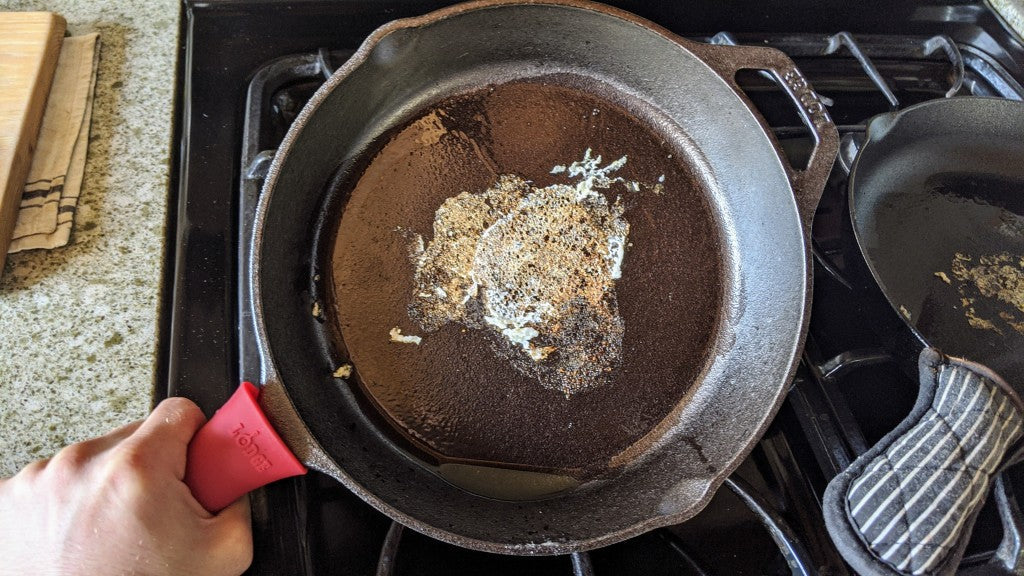


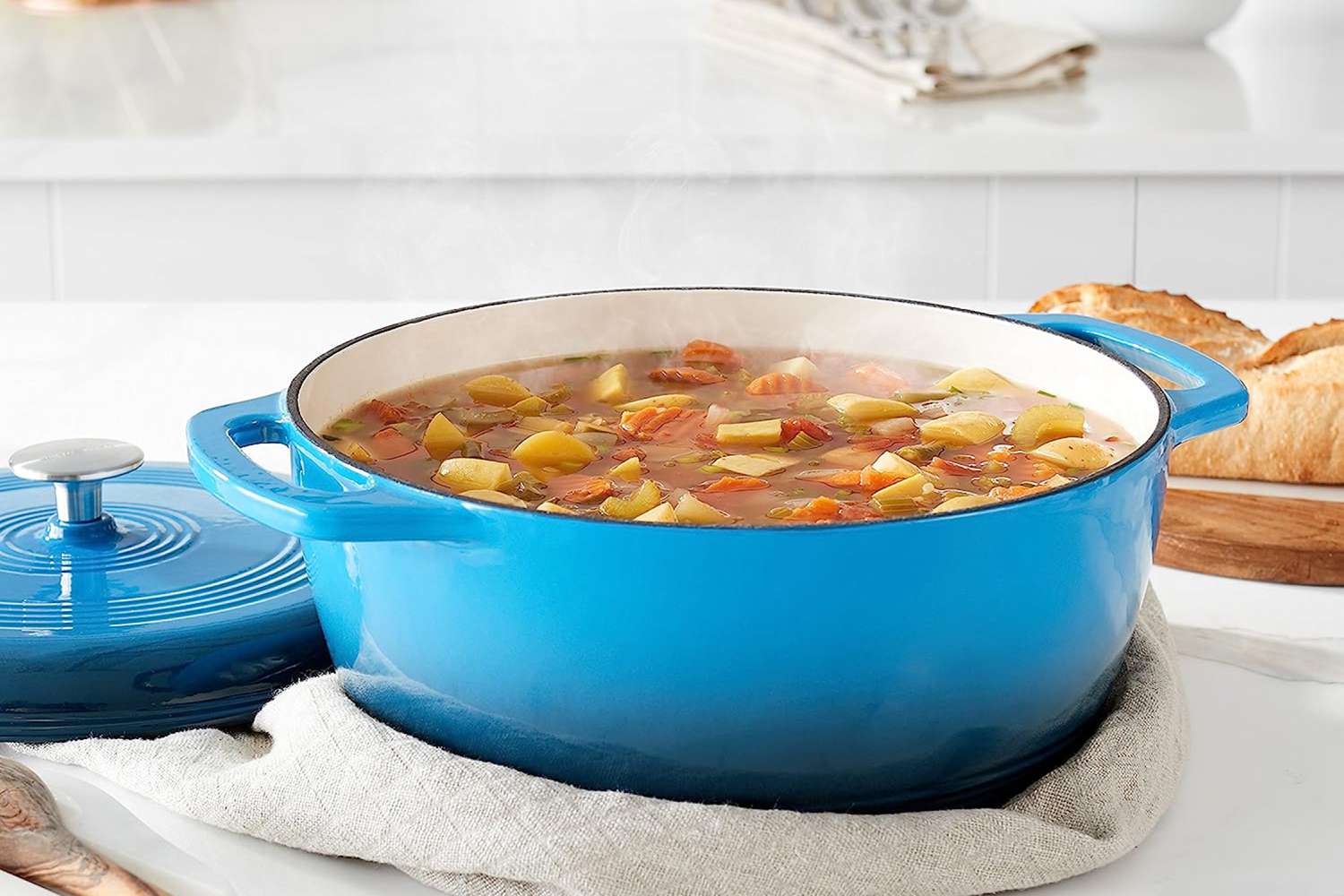
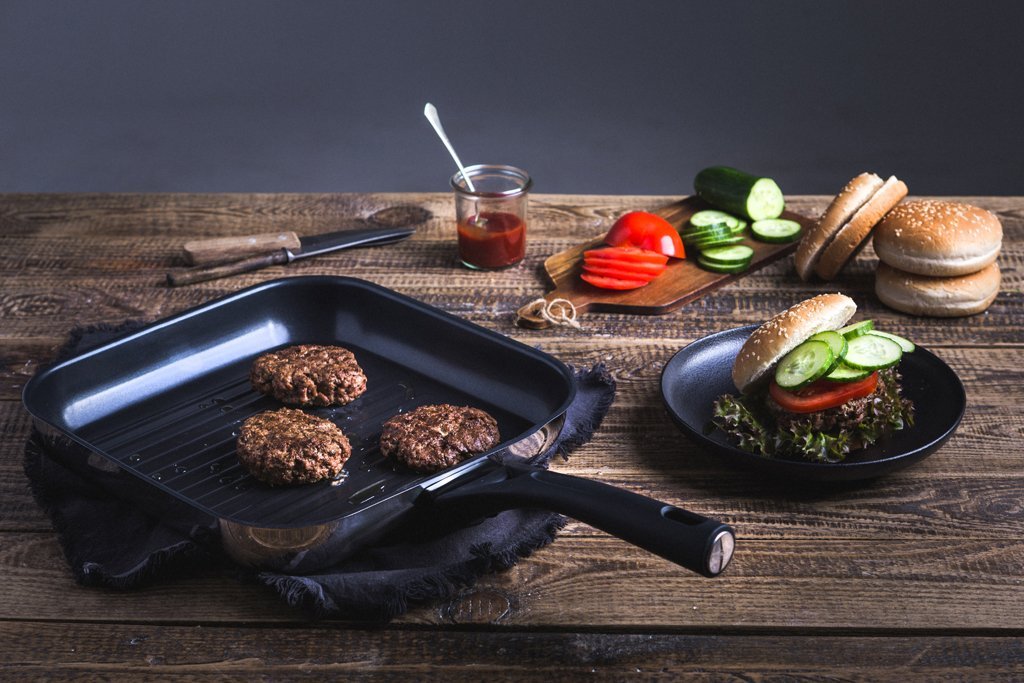
Leave a comment
This site is protected by hCaptcha and the hCaptcha Privacy Policy and Terms of Service apply.